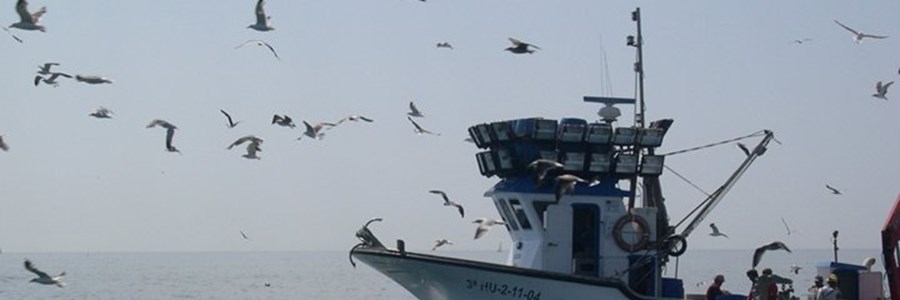La rupture des négociations sur un nouvel accord de pêche entre la Guinée-Bissau et l'UE en raison de conditions irréalistes proposées par le pays d'Afrique de l'Ouest

Cette semaine, des représentants de l'Union européenne et de la Guinée-Bissau (GB) se sont réunis à Bruxelles pour discuter des nouveaux termes et conditions d'un nouveau protocole mettant en œuvre l'accord actuel de partenariat pour la pêche durable (SFPA). Ce nouvel accord permettrait à environ 50 navires de l'UE de continuer à pêcher des espèces importantes telles que le thon, les céphalopodes, le maquereau ou les crevettes dans les eaux de GB pour les années à venir dans un cadre juridique transparent. Cependant, en raison des conditions économiques et techniques disproportionnées proposées par les autorités de GB, les négociations ont été mises en attente. Les propriétaires de bateaux de pêche représentés par Europêche regrettent ces développements et espèrent que les négociations pourront reprendre et conduire à un accord réaliste bénéfique pour les deux parties dans un proche avenir.
The current fisheries Protocol signed between the EU and GB is bound to expire on 23rd November 2017. This agreement provides for a financial contribution of 9.2 million Euros per year (including 3 million Euros per year to support the fisheries sector), as well as an increased contribution to be paid by fishing vessel owners. This Protocol is known as a multi-species agreement since it covers tuna, cephalopods, horse mackerel, shrimps as well as other demersal species and forms part of the tuna network of fisheries agreements in West Africa.
It is now time for both parties to negotiate a new agreement before the current Protocol comes to an end. Both the EU and GB have shown great interest in the renewal since it offers complementary fishing opportunities for our vessels while contributing to the overall wealth and economy of the coastal areas of the country. Europêche reminds that the current agreement, apart from the economic contribution from both the EU and European operators, has created more than 150 direct jobs for local fishermen and 500 local indirect jobs that will be lost unless a new deal is struck. In addition, many EU vessels have been fishing in GB waters for many years and their livelihood depends on this fishery, which is why we are interested in continuing our strategic partnership and contributing to the local economy.
The fishing body strongly believes that the agreement with GB benefits fisheries management in the area and contributes to raise the environmental and social standards to achieve sustainable fisheries. In addition, the Protocol allows for the development of scientific research, surveillance, artisanal fisheries, training, know-how and higher quality products. Needless to say, other fishing nations such as China are present in these waters, whose standards and levels transparency are significantly lower than the Europeans, particularly after the latest legislative developments.
Javier Garat, President of Europêche, declared: ‘Our fishing vessel owners are willing to continue operating in GB waters under the most transparent fisheries agreement in the world. However, despite the European Commission efforts to reach a mutually-beneficial agreement, the conditions offered by GB’s authorities are far from being realistic, not based on facts and technically and economically unviable. Under these terms, the EU fishing sector would simply refuse to continue fishing in GB waters. Nevertheless, our operators trust that in the next round of negotiations the positions can converge in order to achieve a sustainable and good value for money agreement for both the EU and GB.’
Ends
Europêche represents the fisheries sector in Europe. Currently, the Association comprises 15 national organisations of fishing enterprises from the following 10 EU Member States: DE, DK, ES, FR, IT, MT, NL, LV, PL, UK.
Press contacts:
Daniel Voces, Acting Managing Director of Europêche: +32.2.230.48.48 daniel.voces@europeche.org
Sources: Europeche
Attachments:
Tags: Guinée-Bissau, eu, protocole, SFPA